The final event in the five-part Faculty of Education's Summer Institute (FESI 2020-21), held virtually over the last several months, will wrap up on April 21 with a dynamic, diverse panel that will explore streaming and educational pathways in Ontario schools.
FESI, a long-running annual conference that brings together stakeholders in education to evaluate educational beliefs, policies and practices, will continue this year in a virtual format.
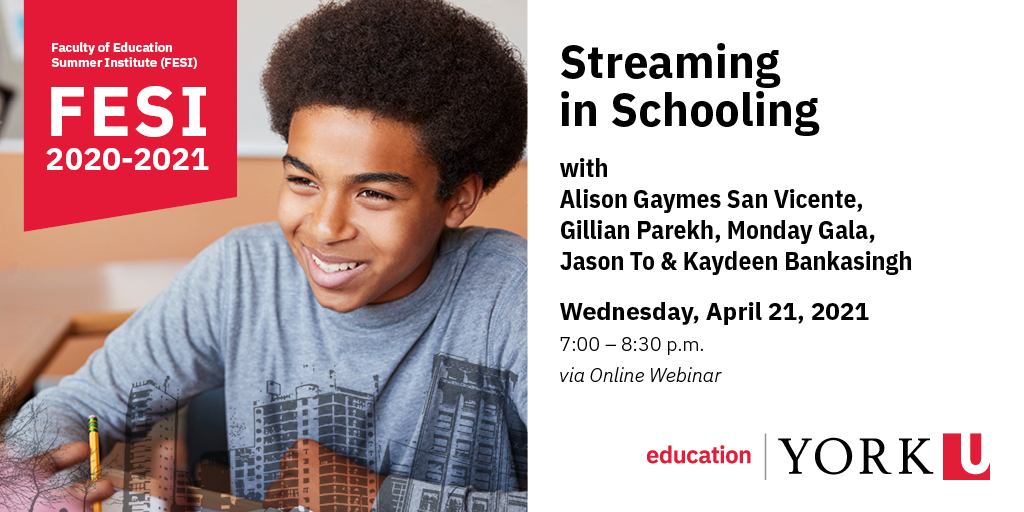
Titled "Streaming in Schooling," the event will explore Ontario’s education policy that states that the schools should keep “options open for all students." Some people assert that streaming allows students to choose subjects based on their interests and preferred career pathways. In reality, streaming closes many options to students and limits their life and career choices.
Systemic bias, racism, ableism and deficit thinking results in the streaming and sorting of students based on perceived academic abilities. In particular, Black and Indigenous students, students with disabilities, newcomer and refugee students, and students marginalized by poverty are disproportionately harmed by these processes and structures.
Mechanisms for streaming and sorting happen as early as kindergarten and set students up for pre-determined pathways that impact academic options, career pathways, quality of life, financial security and health. Join the Faculty of Education for a conversation with educators and researchers that are grappling with these very issues to learn, challenge these practices, and reimagine future possibilities to support all students in Ontario.
Themes that will be explored on this panel include:
- Impact of streaming (short term and long term) on minoritized groups.
- What are some of the myths, mindsets, frameworks that give rise to streaming?
- Problematizing streaming as a racist, oppressive, and limiting barrier.
- De-streaming in practice (what does it look like? What should people be aware of? How can we avoid creating more barriers to access in the process?)
- What potential does de-streaming offer? What would an ideal schooling structure that supported all students equitably look like?
Speakers:
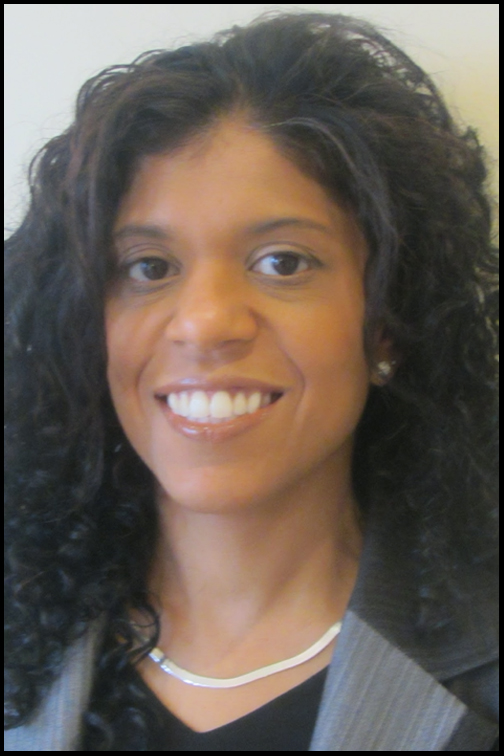
Alison Gaymes San Vicente works to disrupt educational practices that continue to disadvantage historically marginalized/underserved students. Her passion for equity and justice has led to a secondment at York University’s Faculty of Education and her current position as a centrally assigned principal of a virtual school with 12,000 students and prior to this a centrally assigned principal for Principal Coaching, Equity & School Improvement with the Toronto District School Board. She is the recipient of the Queen Diamond Jubilee Award (2014) as well as one of Canada’s Outstanding Principals in 2016. In addition to being a member of the provincial writing team for the Principal’s Qualification Program (2017), she is also an author in Our Schools, Ourselves - Community Watch: Marginal At Best, A Narrative on Streaming in Public Education (2016); Restacking the Deck: Streaming by class, race and gender in Ontario schools (2014); Rhymes to Re-education: A Hip Hop Curriculum Resource Guide for Educators with Social Justice Activities (2014); The Leader Reader (2018); RSEKN Streaming and Educational Pathways (Equity Podcast Series, 2019); VoicEd Radio InterviewSchooling for Equity During and Beyond COVID-19 (2019); and her latest publication Schooling for Equity During and Beyond COVID-19 (2019).
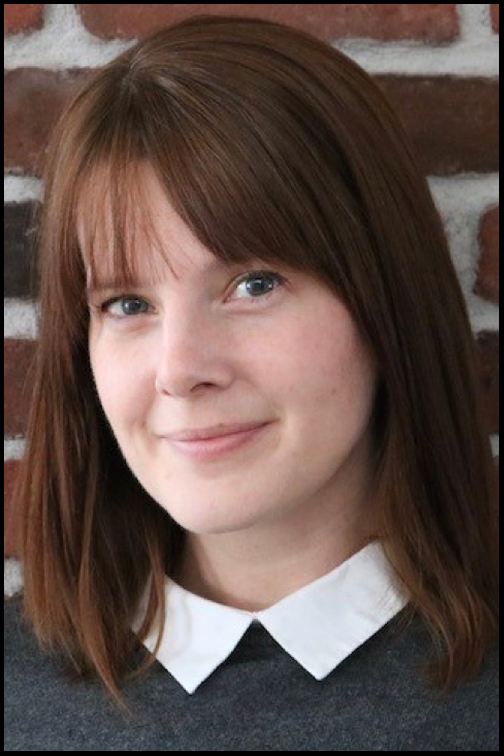
Gillian Parekh is an assistant professor and Canada Research Chair in Inclusion, Disability and Education within the Faculty of Education at York. As a previous teacher in special education and research coordinator with the Toronto District School Board, Parekh has conducted extensive system and school-based research in Toronto in the areas of structural equity, special education and academic streaming. In particular, her work explores how schools construct and respond to disability as well as how students are organized across programs and systems.
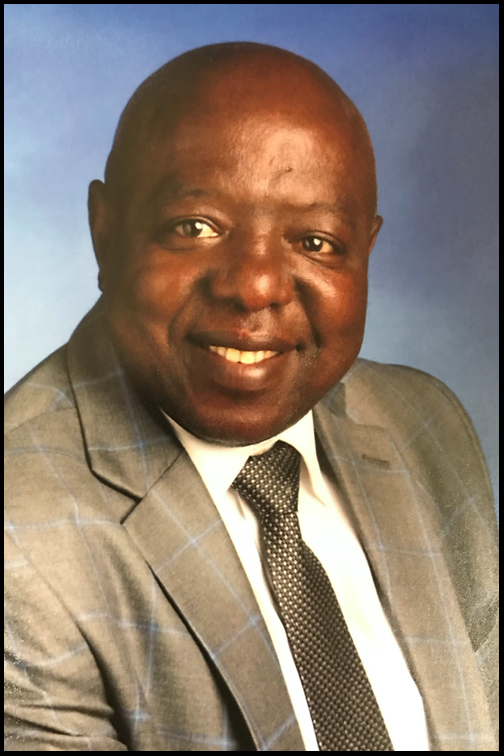
Monday Gala has been an educator in classrooms from elementary to university for almost 36 years, with six years in Nigeria and 30 years in Canada. He earned a BSc from the University of Maiduguri and an MSc in physics from The University of Ibadan, Nigeria. He had the distinct privilege of completing his PhD at Western University in Canada with the support of the Canadian Commonwealth Scholarship, one of the most prestigious scholarships in the world. Gala has been the recipient of many academic and performance awards including the Federal Government of Nigerian Merit Scholarship, the University of Maiduguri Chancellor’s Award for the best graduating average, Western University Teaching Assistantship Excellence Award, Toronto District School Board (TDSB) Excellence Award, and The Learning Partnership Canada’s Outstanding Principals Award. As principal of C.W. Jefferys Collegiate Institute, Gala led pioneering work to tackle a major systemic learning barrier for students by de-streaming curriculum in grades 9 and 10. He then collaborated with community organizations and academia to share the amazing results of this work with Ontario Ministry of Education, academics and student teachers, staff in the TDSB and several other Ontario school boards, and community stakeholders. The success of this work has led the TDSB to mandate de-streaming by 2021-22 and the Ontario Ministry of Education to de-stream mathematics in Grade 9 beginning next school year. Gala is currently principal at Westview Centennial Secondary School where he continues to inspire students to learn to the best of their abilities.
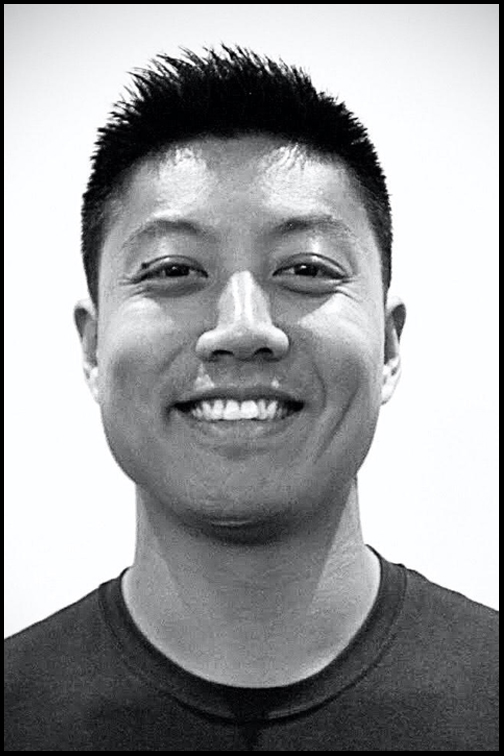
Jason To is currently the coordinator of secondary mathematics and academic pathways for the Toronto District School Board, where he works with K-12 staff to tackle academic streaming and shift towards more equitable, inclusive and culturally responsive teaching. As a former high school math department head, he began challenging streaming in 2015 by eliminating applied math classes and teaching inclusive Grade 9 academic math, leading to significant gains for students identified with special education needs. To has presented at provincial math conferences and worked with school boards across Ontario with de-streaming, and was also part of the Ministry of Education writing team for the new de-streamed Grade 9 math curriculum. Finally, To is also a member of the steering committee for the Coalition for Alternatives to Streaming in Education.
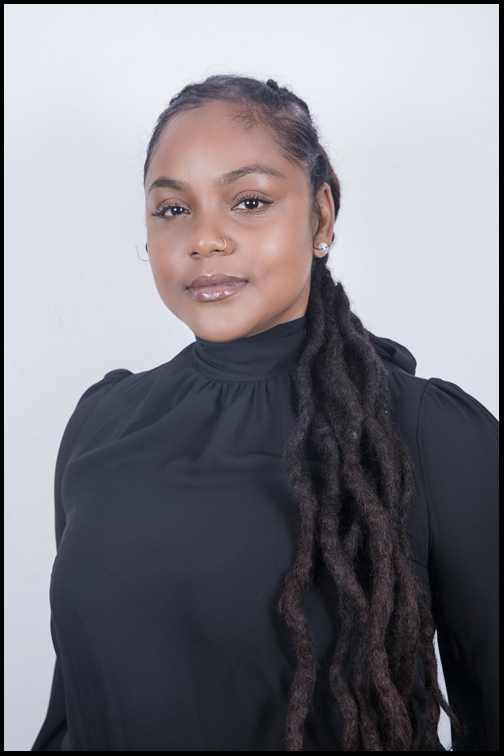
Kaydeen Bankasingh is a mother, community organizer, facilitator and advocate in North York, who has successfully put her daughter through the public school system. She is advocating intensely for her son in the elementary public system. Bankasingh has led parent engagement initiatives for many years through school council, model schools initiatives and community partnerships. Supporting parents and families to support their children's success at school is her priority. She is passionate about equity, anti-Black, anti-Indigenous racism in the school system and the impacts on all racialized children at having healthy learning experiences. She has been a community representative with CASE since 2020.
Moderator:
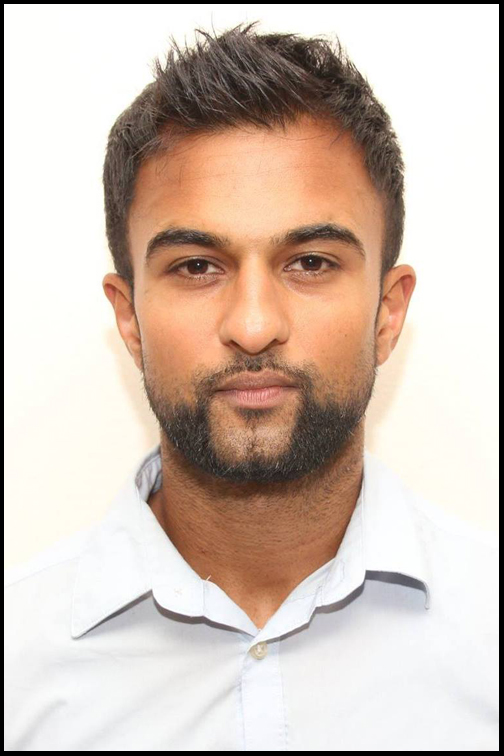
Sultan Rana has been an educator for 13 years, and would best describe himself as a person who is “under construction.” Working for the vast majority of his career in the elementary panel with the York Region District School Board, Rana has also taught in both the secondary classroom and on university campuses in Malaysia and the United States. Holding an MEd in digital technologies, Rana worked as a digital literacy consultant for YRDSB for a couple of years, and attempts to be a leader at integrating digital technologies both in his practice as a K-12 educator, and in his current position as a seconded instructor at York University’s Faculty of Education. Rana has written resources, conducted workshops, and supported educators (candidates and seasoned) on topics related to modern learning, CRRP, equity, inclusion, anti-racism, and Islamophobia for a number of schools, conferences, symposiums, and organization, both in-person and online for the past decade. In addition to moderating this session, Rana is also the co-chair of the York University Faculty of Education Summer Institute (FESI) series, with Sayema Chowdhury.
This event is free and those interested can register here.
